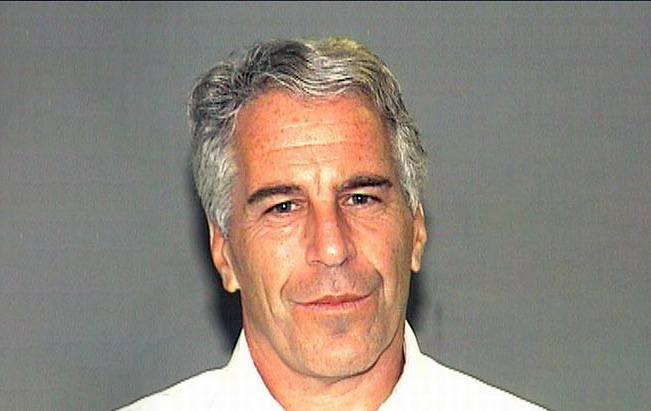This week America was rocked by the news that multimillionaire Jeffrey Epstein was arrested for running a sex-trafficking ring of minors. Noel Yeatts, president of World Help, a Christian humanitarian organization, examines the situation:
The details, revealed by a federal indictment recently unsealed, are still emerging, but what we know so far paints a grim picture: Jeffrey Epstein, apparently with the help of several women, groomed and sexually exploited dozens of girls, some as young as 13 years old. Epstein, who has been under investigation for years, has once before been convicted of soliciting prostitution from underage girls.
The arrest of Jeffrey Epstein has highlighted an issue that is a lot more prevalent and pernicious than many Americans may realize. Human trafficking is believed to be the third-largest criminal activity in the world. And while we may be shocked by incidents such as the one above, it’s a daily reality for millions of people — especially children — who live in places where poverty puts them at risk of being exploited by the sex industry.
This was the case with Nin, whom I met this week while traveling in Thailand.
Like many kids her age (four years old), Nin doesn’t fully understand what her mom does for a living. She does know that her mom is gone a lot at night, and that when she gets ready for work, she puts on makeup and a short skirt. She doesn’t yet know what a sex worker is, but she will learn far earlier than any child should. And without intervention, she will likely end up following in her mother’s footsteps.
The cities of Bangkok and Pattaya are well-known for their thriving red-light districts that pulsate with loud bass music and flashing neon lights that illuminate the overcrowded bars. I’ve been to many of these bars, and I’ve talked to the women inside who literally dance with numbers pinned to their clothes like animals for sale at an auction.
You might find it surprising to learn that the United States is the number one consumer of sex worldwide, and that fact is most visible here in Thailand from all of the American tourists in these bars.
But not too far away from this “sex playground” are slums, where the most vulnerable and often the most forgotten victims affected by the sex industry live — the children.
Growing up the child of a sex worker has detrimental effects on a young girl like Nin. Children are sometimes left alone and unprotected while their mothers leave the slums to go to work at night. Nin wakes in the morning right as her mom is coming home exhausted and too tired to care for her children. So she often goes hungry.
As children grow up in this environment, the sex industry will eventually seem normal to them. And if a girl like Nin doesn’t get an education, it will be only natural that she become a sex worker, too.
She will become just another nameless statistic in Thailand’s red-light districts — risking unwanted pregnancies, disease, and abuse night after night.
And it isn’t just the girls who suffer from growing up in the shadow of the red-light district — it’s the boys, as well. Boys who live under these conditions become numb to the sex industry and are more likely to become pimps, abusers, or even victims themselves.
Over the past few decades, we have seen a growing movement of freedom fighters helping give women in the sex industry a way out. But I worry that we are forgetting the children affected by this environment.
Our organization, World Help, is working to give these children in the shadows the protection and education they need through child sponsorship.
In the very slum where I met Nin, a local preschool gives children a safe place to go, healthy food, an early education, and the chance to dream up a different future outside of poverty.
With a quality education, the girls in this school will be able to find other jobs when they grow up without feeling forced to join the sex industry. The school also works hard to instill in all of its students, both boys and girls, that every person should be valued and never treated like property.
By training up the next generation, the staff hopes to help break down a culture of abuse, one child at a time.
We partner with this and many other similar schools across Thailand and India. And because of generous sponsors across the country, these classrooms are packed with kids who once had no hope and no future.
It should be our mission not only to help free girls from the sex industry, but to stomp out the danger before it begins.
You see, poverty is the pimp.
And if we can help just one child escape a life of poverty, we can end this vicious cycle for her generation and for generations to come.
